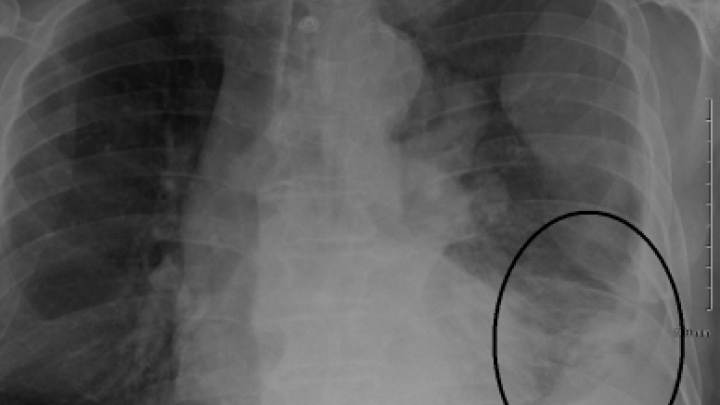Lung Cancer: When to Worry About That Cough
Lung cancer is one of the most common types of cancer. It mainly affects people over the age of 40, with those over 70 being at an even greater risk of developing the disease. Smoking is responsible for up to ninety percent of all lung cancer cases. Survival rates for the disease generally depend on a range of factors, but early diagnosis is crucial. Knowing the signs to look out for, and reporting them to your doctor as soon as possible, gives you the best chance of beating the disease.
Persistent Cough
A persistent or unexplained cough that lasts longer than three weeks should be reported to your doctor, as it could be a sign of lung cancer. Even if your cough started at the same time as a chest infection or bout of flu, you need to get it checked out if it won’t go away. Additionally, some health conditions and medications can cause a long-term cough, which you may already be used to. However, if this cough changes in any way, you should talk to your doctor.
Coughing Blood
Coughing up blood should never be ignored, as it can be a warning sign of cancer or other serious problems. Even small amounts of blood in your phlegm should be reported to your doctor. If you are coughing up blood, or if you notice spots of blood in your phlegm or on your tissues, seek medical advice as soon as possible. Coughing up large amounts of fresh red blood is a sign of a serious, and potentially fatal, problem, and an ambulance should be called straight away.
Shortness of Breath
Shortness of breath or unexplained breathing difficulties may be another sign of lung cancer. Wheezing, incomplete breaths or the feeling of not being able to catch your breath should be investigated by your doctor. While some health conditions, such as asthma, can cause breathing problems, if you experience new breathing difficulties or a change in existing breathing problems, consult your doctor or consultant.
Recurring Chest Infections
Chest infections that recur, particularly within a short time frame, can be the result of lung cancer. You should tell your doctor or consultant about any recurring chest infections, including details of the symptoms and duration of the infection, so that he or she can assess the situation. Keep a record of how long you remain free of symptoms between infections.
Other signs and symptoms of lung cancer
Pain in your chest or shoulder, particularly if it lasts a long time, can be another warning sign of lung cancer. Unexplained tiredness or weight loss can also be a symptom of cancer, and should be investigated by your doctor.
As with all cancers, getting familiar with your body, and knowing what is normal for you, helps you to recognise when something changes. Any worrying changes should be reported to your doctor straight away, as early diagnosis increases your chances of surviving lung cancer.






















